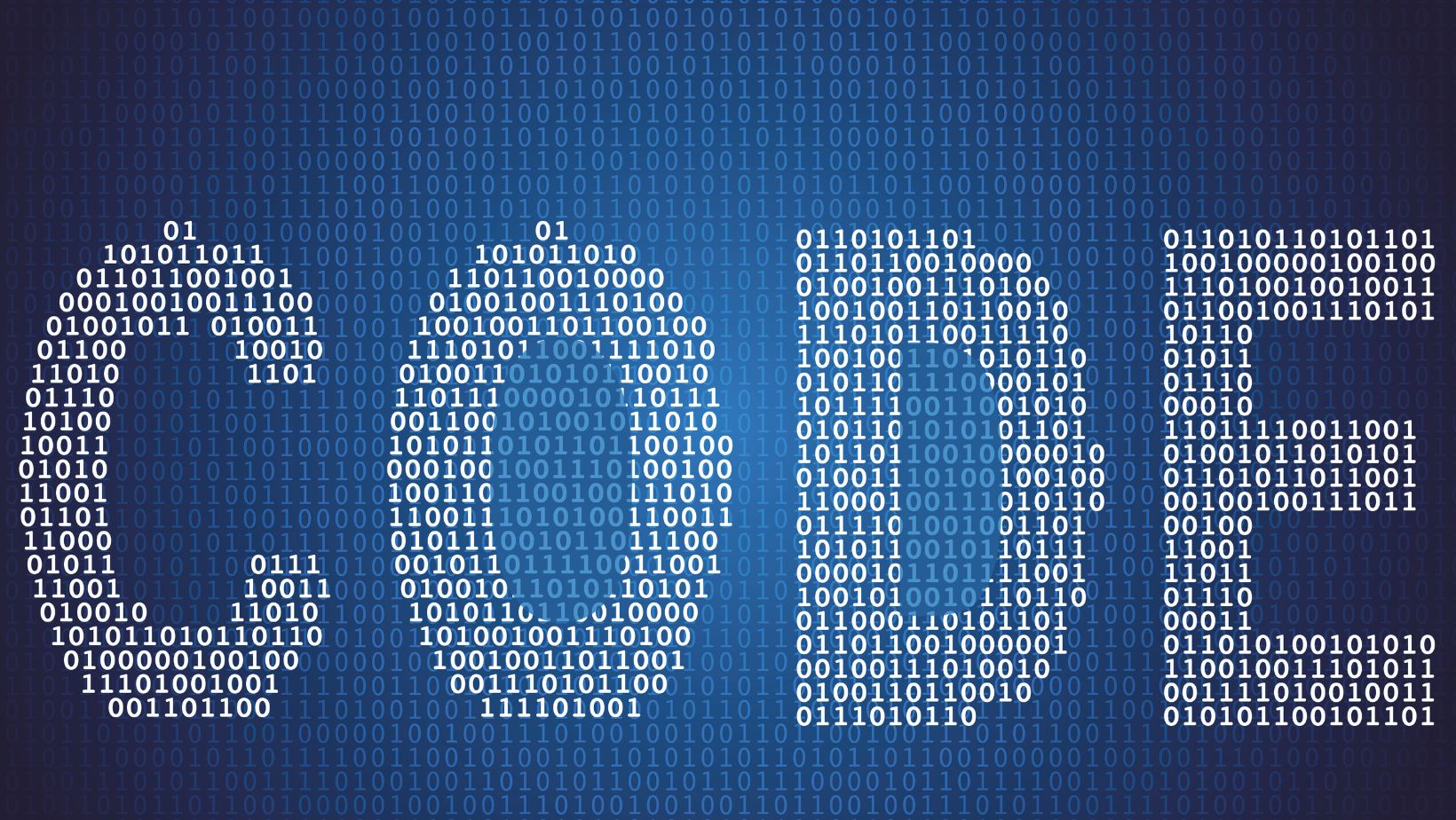
Cybersecurity and cyber security are two terms that are commonly used interchangeably, but there are slight differences between the two that are worth noting. Cybersecurity generally refers to the process of securing electronic systems, such as computers, networks, and mobile devices, from attacks, theft, damage, or unauthorized access. On the other hand, cyber security is a broader term that can encompass not only electronic devices but also physical and human elements, such as people, processes, and policies, to protect against cyber threats.
The differentiation between cybersecurity and cyber security may be confusing, but it is essential to understand the nuances, especially when it comes to implementing strategies and managing risks. In other words, cybersecurity typically focuses on the technical aspects, while cyber security takes a more comprehensive approach that includes people and processes. Apart from terminology, the challenges, threats, and solutions in cybersecurity and cyber security are quite similar. Both areas face constant threats from hackers, viruses, malware, and other malicious attacks that target various vulnerabilities.
Overall, while there may be a slight difference between cybersecurity vs cyber security, the goal remains the same – to protect electronic, physical, and human assets against cyber threats. Whether you are an individual, a company or an organization, it is crucial to adopt security measures, invest in top-rated software, and educate yourself on the latest trends and practices to mitigate cyber risks and secure your digital presence.
Cybersecurity vs Cyber Security: Understanding the Differences
In today’s modern world, we hear two terms used interchangeably: Cybersecurity and Cyber Security. But are they the same?
Cybersecurity and Cyber Security both are intended to protect computer systems, networks, programs, and data from unauthorized access, theft, damage, or unauthorized hacking. However, there is a slight difference between the two terms.
Cybersecurity is a single word without a space and used as a standard term to define all forms of security measures taken to protect any computer technology. Cybersecurity is a newer term and often associated with data protection and practices that safeguard the digital environment.
On the other hand, Cyber Security is not used as a standard term and refers to the company or individual’s approach to protecting their digital systems. Cyber Security is an older term and often used to describe the methods used by companies and individuals to protect themselves from cyber threats.
cybersecurity vs cyber security
The main difference lies in the usage of “cyber” as a single word or two words “cyber space”. In fact, Cybersecurity being a term of recent origin, may be considered as an evolution of Cyber Security.
Other differences can be seen in the usage. Cyber Security, since it is not a standard term, may differ from person to person. It may define anything from just having an antivirus to having the most comprehensive, updated, and secure security measures to protect data and systems. In contrast, Cybersecurity denotes industry standards and best practices that are agreed upon by security experts worldwide.
In summary, Cybersecurity and Cyber Security both refer to the protection of digital systems, but Cybersecurity is a more recent and standardized term used to define industry standards and best practices, while Cyber Security is more of an approach to protect against cyber threats. Understanding the difference between these two terms can help individuals and companies better protect their digital assets from malicious attacks and stay safe in the digital space.

Why Spelling Matters in Cybersecurity
The terms “cybersecurity” and “cyber security” are often used interchangeably in discussions around protecting computer systems and digital information. However, the spelling of these terms can actually carry different connotations and meanings.
While the difference between the two may seem minor, it is important to note that consistency and precision in language are essential elements of information security. Here are some reasons why spelling matters in cybersecurity:
1. Standardization: The phrase “cybersecurity” is rapidly becoming the standard spelling within the industry, and using this spelling helps to establish a common language and understanding among practitioners.
2. Clarity: Consistency in language helps to ensure that we are all talking about the same thing. While “cyber security” and “cybersecurity” might be synonymous, choosing one spelling over the other can help reduce confusion and misunderstandings.
3. Credibility: In writing and communication, consistently using the correct spelling shows attention to detail and can help establish the credibility of the author by demonstrating a thorough understanding of the topic at hand.
4. SEO: In the age of digital marketing, consistently using the same spelling can help improve search engine optimization (SEO) by ensuring that a website or article appears in search results for all relevant terms.
In short, spelling matters in cybersecurity because it ensures clarity, consistency, and credibility in our communications. While “cybersecurity” and “cyber security” may have similar meanings, using one over the other can have a big impact on how we are perceived and understood in our industry.

The Impact of Typos on Cybersecurity Measures
In the world of cybersecurity, one typo can make all the difference between a secure system and a data breach. The debate over “cybersecurity vs cyber security” is just one example of how a simple mistake can have serious consequences.
When it comes to online security, a single typo can create a vulnerability that hackers can exploit. For instance, if an IT department accidentally types “cybersecurity” instead of “cyber security” in a firewall rule, the system may fail to block malicious traffic. In this scenario, hackers can gain access to the network and steal sensitive data.
Typos that lead to security vulnerabilities are not uncommon. A 2020 report by security vendor Proofpoint found that 99% of cyber attacks require human interaction, such as clicking on a phishing email. These attacks often rely on cleverly disguised typosquatting domains, which are URLs that closely resemble legitimate sites. When users accidentally enter these domains, their sensitive information can be stolen by hackers.
Moreover, inconsistent use of terms like “cybersecurity” or “cyber security” can make it harder for companies to establish and enforce secure policies. A lack of consistency in terminology can lead to confusion, errors, and even security gaps. Therefore, it’s essential to have clear guidelines in place to ensure that everyone in the organization is using the same terminology.

In summary, the difference between “cybersecurity” and “cyber security” may seem insignificant, but it can have a significant impact on your security posture. Typos and inconsistencies can lead to mistakes that hackers can exploit, making it essential for organizations to pay attention to details in their cybersecurity policies and practices.


























